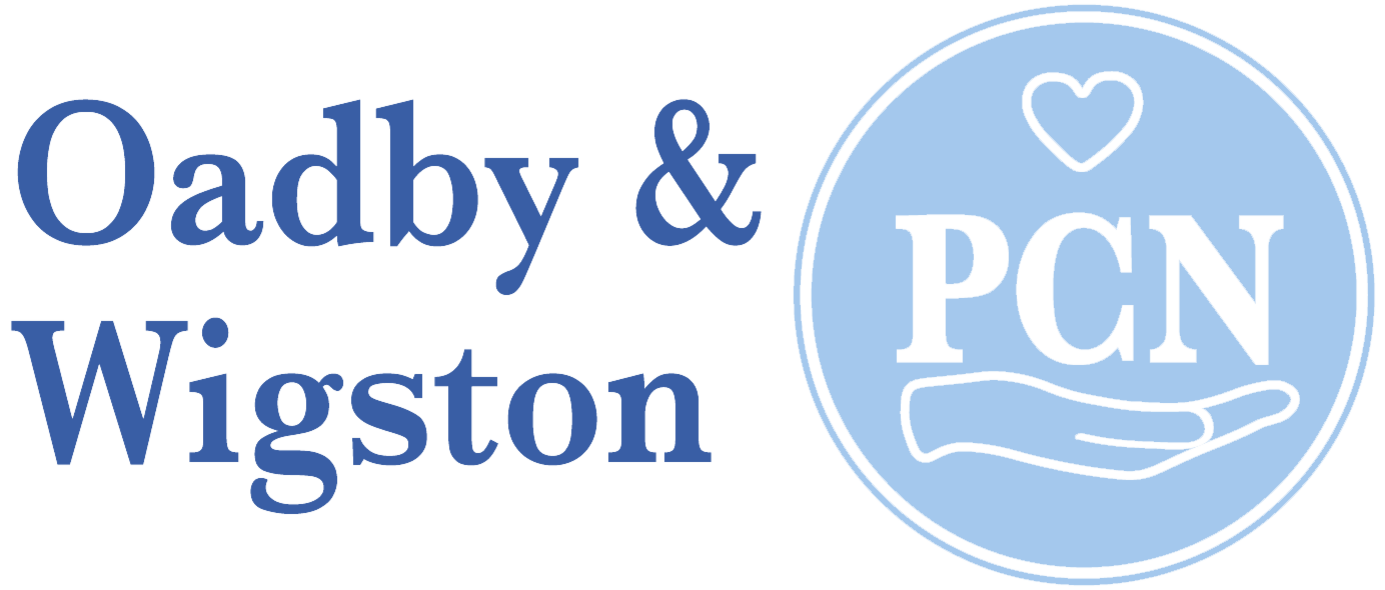Community, Well-being and Care
One in 5 GP appointments focus on wider social needs, rather than acute medical issues, with GPs spending significant amounts of time dealing with the consequences of poor housing, debt, stress, loneliness and physical inactivity. The PCN has a team of experienced staff who can help people make use of existing community services, resources and facilities which can help manage or overcome these social factors. The team is made up of
Social Prescribers
Health & Well Being Coaches
Care Coordinators
You can ask your GP receptionist to refer you or complete the self-referral form.
Social Prescribing
At its most basic, a social prescription offers the kind of help that doesn’t come in a tube or bottle. Instead, a 'social prescribing link worker' creates your own social prescription to provide you with support, help and information that will enable you to access services or activities that will improve your health, wellbeing and overall enjoyment in life.
Social prescribing works in two key ways:
It aims to support patients access a broad range of services that positively affects health and wellbeing, prevents illness and enables patients to better manage existing conditions.
It enables patients to play an active role focusing on the wider social aspects that affect their own health and wellbeing and support them to stay healthy both physically and mentally.
All you have to do is tell them “What matters to me?”
WHAT MATTERS TO ME?
SOME OF THE AREAS WE CAN SUPPORT
Housing related queries
Welfare benefits & debt advice
Help with daily living tasks
Making lifestyle changes
Combating isolation/loneliness
Living with anxiety/depression
Bereavement support
Frequent attendance GP or A&E
Whether you just need help to find information and guidance: a little bit of inside knowledge on your situation or what local resources are available.
Someone to introduce you to a community group, a new activity or a local club.
Someone to help you start up as a gardening club, a fishing group, a ‘men’s shed’ or knit and natter group.
We are here to listen to you.
For more information or to self-refer please email us at oandw.pcn@nhs.net
Health Coaching
We are here to support the health and wellbeing of Oadby & Wigston PCN patients and staff, to help individuals make positive and lasting changes to their health with a personalised approach.
In detail
Health Coaches produce tailored plans for individuals, based on an initial assessment of their current fitness levels and lifestyle.
They help patients increase overall levels of physical activation, embrace healthier lifestyle choices and maintain long-term behavioural change.
Health Coaches motivate patients to complete the programmes and empower them to live independently by taking more control in managing their own health.
Who is it for?
Health Coach support is ideal for individuals who require help with making lifestyle changes and/or those who could benefit from healthier lifestyle choices.
What support do they offer?
Defining achievable and realistic goals, and developing the resources and confidence that patients need to successfully manage their health and wellbeing.
Prescribing tailored physical activity and healthy living advice (i.e. eating advice, quitting smoking, alcohol reduction, etc.) to help patients manage better and reduce the impact of existing long term conditions.
Motivating patients through education and plans which are easy to integrate into their daily routines.
Implementing preventative interventions aimed at improving patient physical and mental wellbeing to reduce the risk of developing long term conditions.
For more information or to self refer please email us at oandw.pcn@nhs.net
Care Coordinator
Care coordinators work as part of a multidisciplinary team (MDT) within the PCN to identify people in need of proactive support. This could be, for example, people who are frail or have multiple long-term physical and mental health conditions. They work with people individually, building trusting relationships and listening closely to what matters to them to develop a personalised care and support plan. This includes reviewing their needs and helping to connect them to the services and support they require within the practice or elsewhere, for example, community and secondary services.
Care coordinators work closely with GPs and practice teams to help manage caseloads. They act as a central point of contact so that appropriate support can be made available to individuals and their carers which helps them to manage their condition and addresses their needs.
For more information or to self-refer please email us at oandw.pcn@nhs.net
